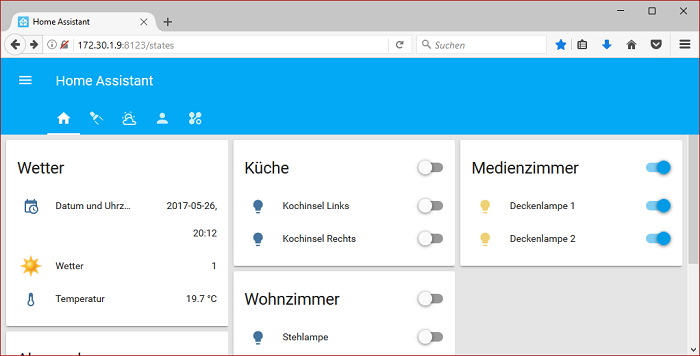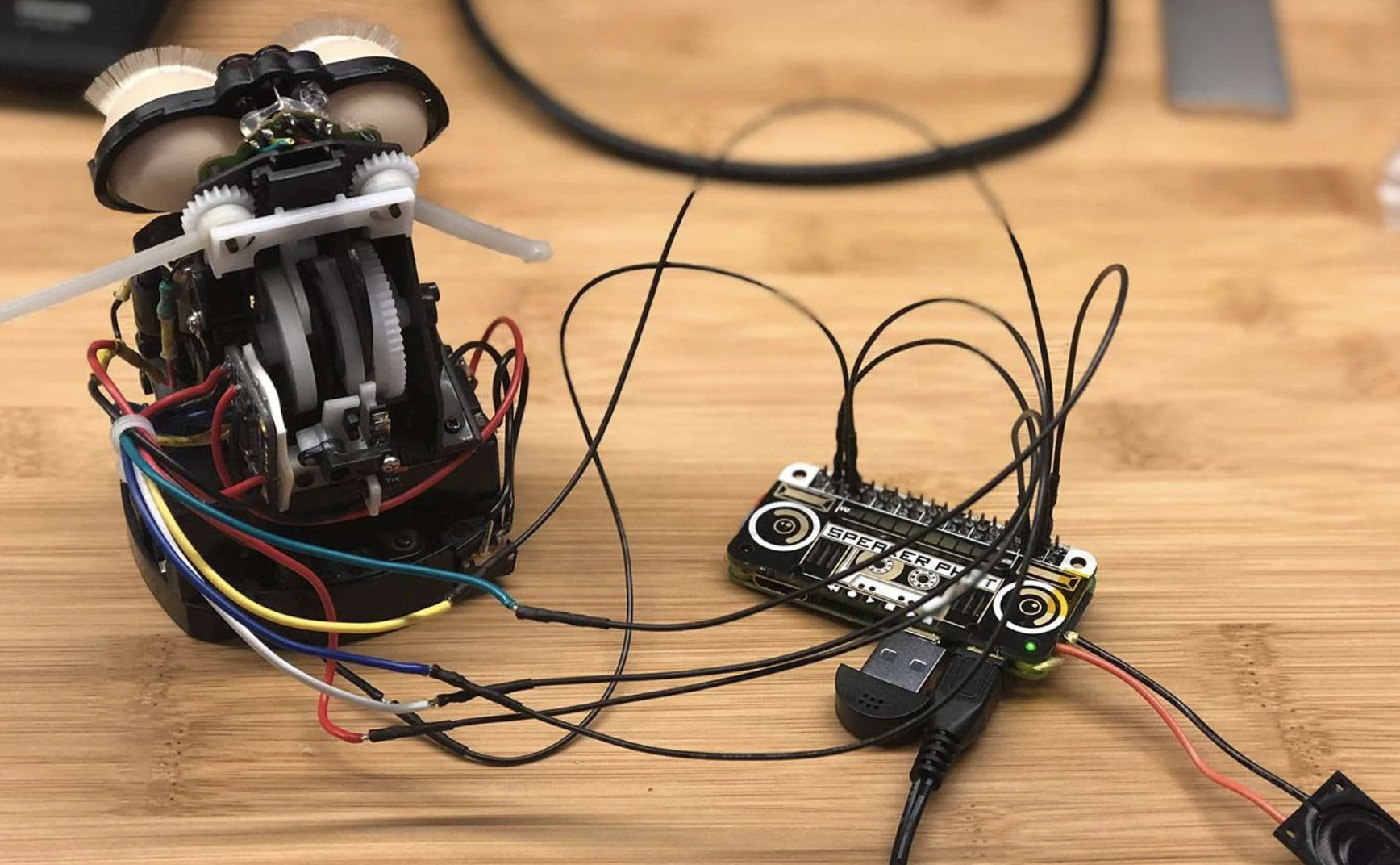
 Installing Home Assistant as a python application in a virtualenv environment (for those who for some reason docker is not suitable). To sum up existing variants of Home Assistant installation: Necessary to know how to work with Docker containers Reliability, ease of deployment and portability Hassbian support officially stopped in October 2019 The same advantages as the manual installation to the Python virtual environment No full access to the system with all the ensuing consequences, compatibility with a limited number of devicesĪt least minimal Linux skills are required The easiest installation, its own backup configuration system Unfortunately, the project is closed, and no more builds based on fresh Raspbian distributions with new versions of Home Assistant installed on them are released. Hassbian, in turn, is a Raspbian distribution with the Home Assistant server already installed in a virtual Python environment. Therefore, having installed Hass.io on the microcomputer, you won’t be able to use it for other tasks despite the fact that Raspberry Pi 4 has enough power to run not only Home Assistant but also a couple of other services. It may seem that Hass.io is an ideal option for a beginner, but the project has a big disadvantage: the user is not given administrative access to the operating system. The image contains the operating system, a ready-to-use Home Assistant, and its own addon manager which allows performing all Home Assistant configuration manipulations directly from the web-interface. This project offers pre-configured images for the most popular microcomputer models (currently supporting the entire line of Raspberry Pi, Asus TinkerBoard, several Odroid models, and a range of Intel NUC computers). Hass.io is worth talking about separately. You can manually install it to a Python virtual environment or deploy it in a Docker container, or you can use the Hass.io or Hassbian distributions.
Installing Home Assistant as a python application in a virtualenv environment (for those who for some reason docker is not suitable). To sum up existing variants of Home Assistant installation: Necessary to know how to work with Docker containers Reliability, ease of deployment and portability Hassbian support officially stopped in October 2019 The same advantages as the manual installation to the Python virtual environment No full access to the system with all the ensuing consequences, compatibility with a limited number of devicesĪt least minimal Linux skills are required The easiest installation, its own backup configuration system Unfortunately, the project is closed, and no more builds based on fresh Raspbian distributions with new versions of Home Assistant installed on them are released. Hassbian, in turn, is a Raspbian distribution with the Home Assistant server already installed in a virtual Python environment. Therefore, having installed Hass.io on the microcomputer, you won’t be able to use it for other tasks despite the fact that Raspberry Pi 4 has enough power to run not only Home Assistant but also a couple of other services. It may seem that Hass.io is an ideal option for a beginner, but the project has a big disadvantage: the user is not given administrative access to the operating system. The image contains the operating system, a ready-to-use Home Assistant, and its own addon manager which allows performing all Home Assistant configuration manipulations directly from the web-interface. This project offers pre-configured images for the most popular microcomputer models (currently supporting the entire line of Raspberry Pi, Asus TinkerBoard, several Odroid models, and a range of Intel NUC computers). Hass.io is worth talking about separately. You can manually install it to a Python virtual environment or deploy it in a Docker container, or you can use the Hass.io or Hassbian distributions. 
You can install Home Assistant in different ways. Hass.io is a collection of docker containers that make HA easy to install and use, as well as allowing you to extend its functionality with a large number of community-supported Hass.io add-ons.Home Assistant (HA) is a fast-developing home automation system written in Python with a huge list of supported hardware and services.






 0 kommentar(er)
0 kommentar(er)
